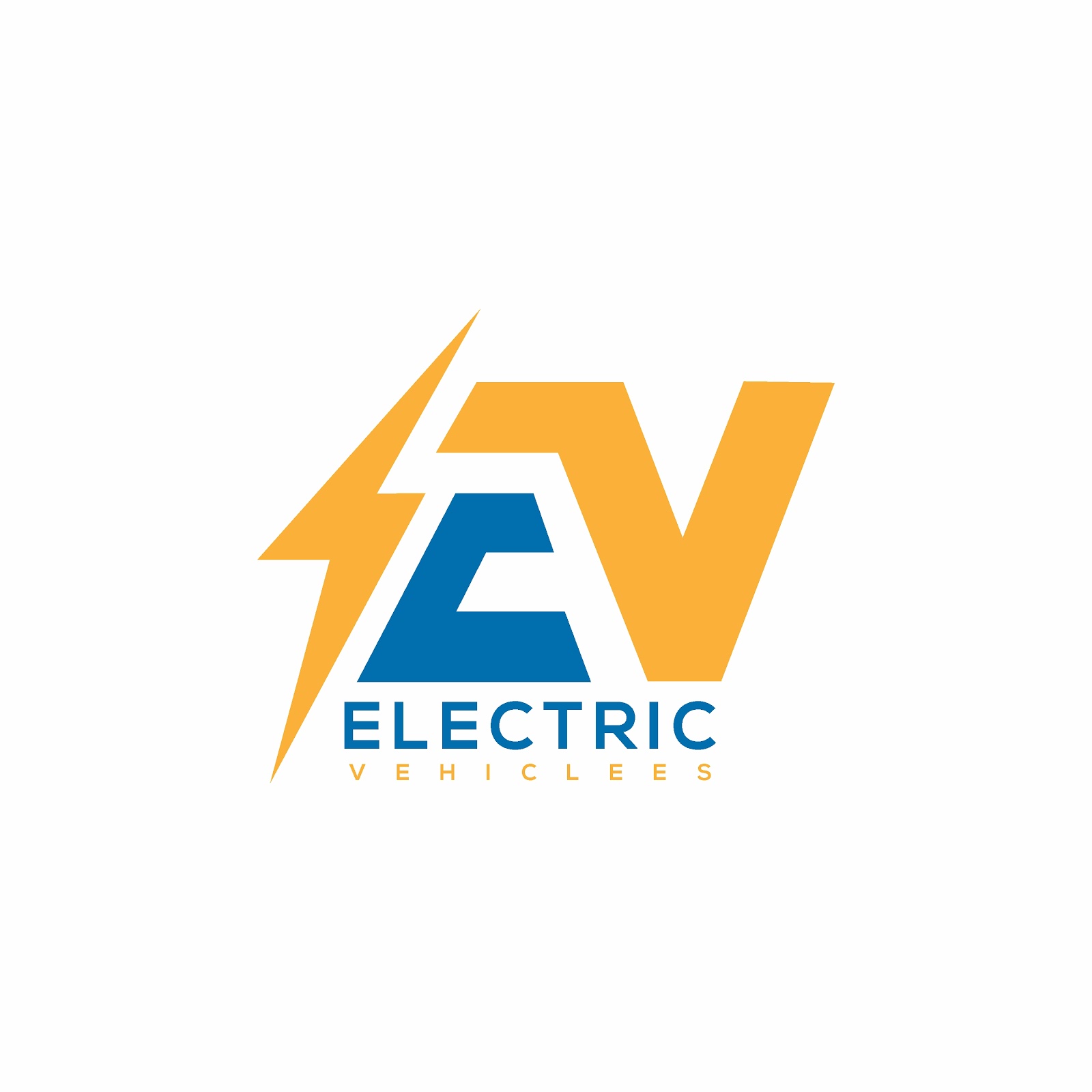Introduction:
As we stand on the cusp of a transformative era in transportation, the question looms large: Is India ready for electric vehicles? The buzz surrounding electric vehicles (EVs) is hard to ignore, as the automotive landscape undergoes a paradigm shift towards sustainability and reduced carbon emissions. The prospect of a cleaner and greener future beckons, but the readiness of a country as vast and diverse as India to embrace electric vehicles requires careful examination.
Government Initiatives and Policy Framework:
Recognizing the pivotal role of government policies in shaping the EV landscape, India has made significant strides. From offering subsidies and incentives to manufacturers and consumers to formulating regulations that encourage the development of electric infrastructure, the government's commitment to fostering an EV-friendly environment is palpable. However, the effectiveness of these measures in translating into widespread EV adoption warrants a closer look.
Government Initiatives:
- India has shown commitment to EV adoption through various policy initiatives. The Faster Adoption and Manufacturing of Hybrid and Electric Vehicles (FAME) scheme, launched by the government, aims to incentivize the production and purchase of electric vehicles.
Infrastructure Development:
- EV adoption is heavily reliant on the availability of charging infrastructure. India has been gradually expanding its charging network, with both public and private players investing in building charging stations. However, further development is essential to alleviate range anxiety among consumers.
Automaker Participation:
- Leading automotive manufacturers are increasingly investing in EV technology. Several companies have launched electric models or announced plans to do so. This shift indicates the industry's recognition of the growing demand for electric vehicles.
Consumer Awareness:
- There is a need for increased awareness among consumers regarding the benefits of EVs, including lower operational costs, reduced carbon footprint, and government incentives. Consumer education campaigns can play a crucial role in dispelling myths and promoting the advantages of electric vehicles.
Affordability and Incentives:
- Affordability remains a concern for many potential EV buyers. Government incentives, tax breaks, and subsidies can make electric vehicles more accessible. Continued efforts to reduce the upfront cost of EVs will contribute to increased adoption.
Battery Technology and Local Manufacturing:
- India needs to focus on developing a robust ecosystem for manufacturing EV components, especially batteries. Investing in research and development of battery technology and encouraging local manufacturing will not only reduce costs but also create job opportunities.
Regulatory Framework:
- A clear and supportive regulatory framework is essential for the sustainable growth of the EV sector. Policies that promote EV adoption, such as emissions standards and vehicle scrappage programs, play a significant role in shaping the industry.
Collaboration with Industry Stakeholders:
- Collaboration between the government, automotive industry, and technology providers is crucial for the successful integration of electric vehicles. Public-private partnerships can accelerate the development of necessary infrastructure and technologies.
Urban Planning and Public Transport:
- Integrated urban planning that includes EV-friendly policies, dedicated charging infrastructure, and incentives for public transport electrification can contribute to a smoother transition to electric mobility.
Global Trends and Partnerships:
- Staying informed about global trends in EV technology and establishing partnerships with international players can help India leverage global expertise and advance its position in the electric vehicle market.
As we delve deeper into the intricacies of India's electric vehicle preparedness, subsequent sections of this blog series will dissect the economic, technological, and societal aspects that shape the future of electric mobility in the country. Stay tuned for a comprehensive exploration of the road ahead for electric vehicles in India.





